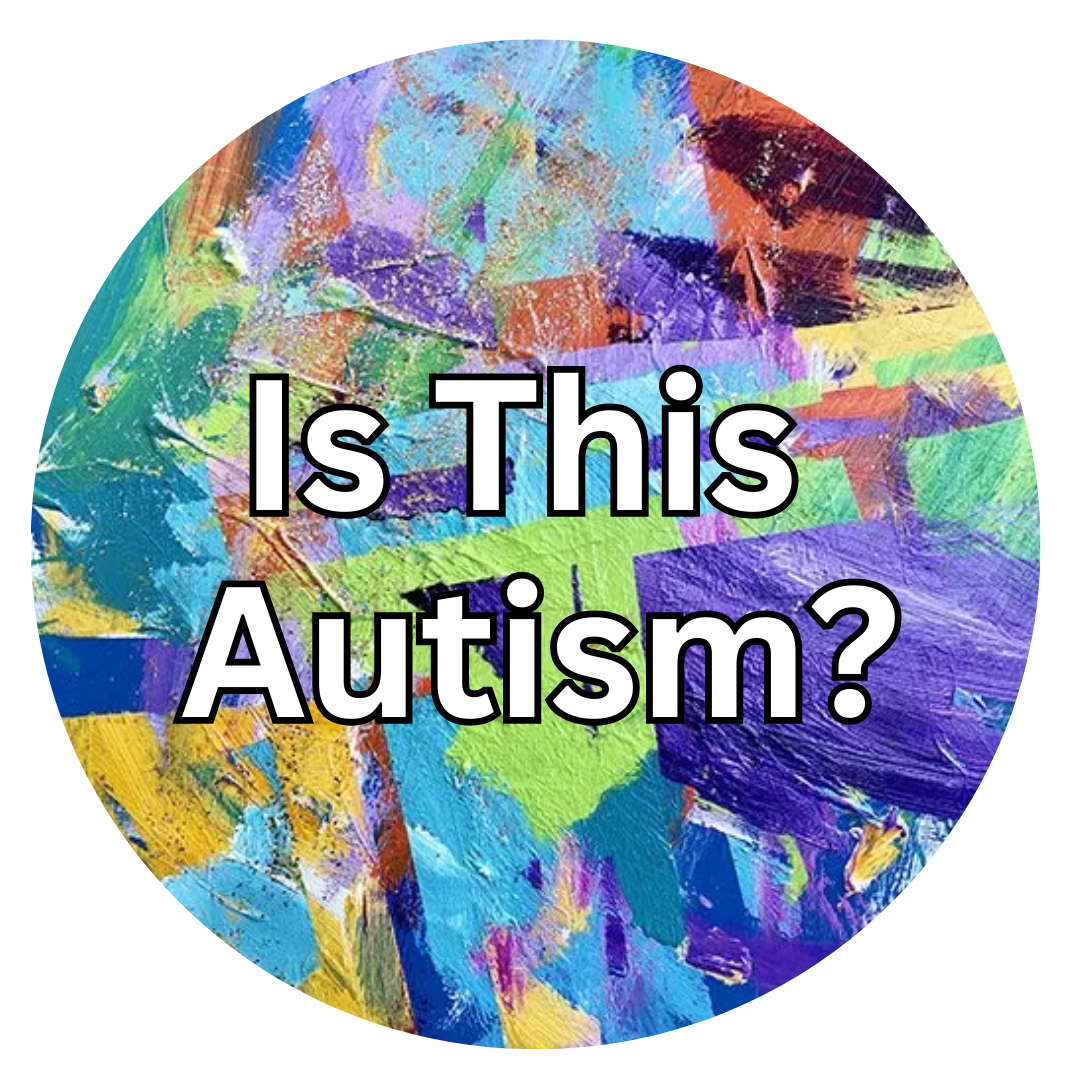PDA: Not What You Think It Is!
(Updated December 2025)
PDA, commonly known as Pathological Demand Avoidance, is well understood and accepted in the U.K. but is only now becoming recognized here in the U.S. Unfortunately, the name implies that the core issue is an intentional avoidance of demands, which blames the child (and often their parents) and leads to interventions that are at best ineffective and at worst traumatic. In reality, PDA is a neurological difference – a subtype of autism that is better understood as a Pervasive Drive for Autonomy. PDAers are persistently misunderstood (as are their parents), and they require a unique approach to parenting, intervention, and education. It is essential that all mental health clinicians learn about PDA. This workshop will provide an overview of the core features and approaches for intervention and support.
What You'll Learn
Learning Objectives
Course Outline

